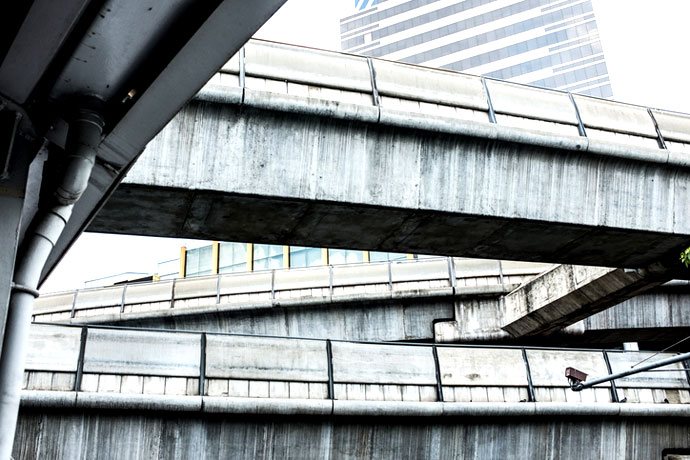
We treat kids like pests, but the real plague is our refusal to design cities in favour of people.
Here in Britain, there’s a company selling the Mosquito, a device designed to emit an unbearably high-pitched sound only kids can hear.
According to the website, the device is aimed at people ‘fed up with groups of kids damaging their property, hanging around in rowdy groups, littering, smoking and drinking, playing music and generally prevented from enjoying their home or business.’
“The Mosquito device is the only product on the market that has the teeth to bite back at these kids. The Mosquito alarm works not by being loud and painful, but by being UNBELIEVABLY annoying to the point where the kids CANNOT stay in the area being covered by the mosquito sound.”
Britain’s first children’s commissioner, Sir Al Aynsley-Green, described the device upon its launch in 2010 as “an ultrasonic weapon designed to stop kids gathering,” before adding that Britain was “one of the most child unfriendly countries in the world.” The Mosquito is symptomatic of the way our cities are evolving to leave behind the most vulnerable. Imagine the outcry if a similar device targeted the elderly.
Today’s increasingly homogenised urban areas favour cars and commerce over kids. Even pedestrianised areas are devoid of the public seating, loos and trees that encourage people to stop, talk and play. Pedestrianised areas are more likely to be windy corridors designed to corral shoppers to towards their next purchase.

It’s of vital importance because by 2050, around 70 per cent of people will be city dwellers. And the majority of them will be under 18. Today, over one billion children are growing up in cities.
Creating a city that nurtures children instead of literally treating them like a pest is about more than provision of play areas. The air pollution and road danger caused by motorised traffic has a disproportionate effect on children. Furthermore, transport is now responsible for more greenhouse gas emissions than any other source; our children will reap the effects of climate change to a greater extent than older generations.

Could our cities could become car free within a generation? The question may seem fanciful, but it is of critical importance to a metropolis like London if it is to control air pollution, encourage cycling and safeguard future generations.
| “…a huge social cost of cutting off people who can’t drive…”
Dr Ian Walker, a specialist in traffic psychology at Bath University, adds to the argument: “One of the big social costs is the way it disenfranchises people who cannot or will not drive a car. Around 25% of British households do not have a car or access to one. How are they meant to get around when we plan shopping centres, facilities and amenities on the assumption you’re going to drive to them?”
There’s a huge social cost of cutting off people who can’t drive, and that particularly affects older people and children.
“It’s not seen as safe for children to play in their own streets”
“We need to look at why we’ve created a society where it’s not seen as safe for children to play in their own streets because of motor vehicles, it’s not seen as safe to ride a bike – normal, enjoyable activity – because of the risk of motor vehicles injuring people, so we need to change that lens and look at the source of road danger rather than say ‘what did the victim do wrong“. Rachel Aldred, Professor of Transport at the University of Westminster, and Director of the Active Travel Academy
Stop Killing our Children examines how road danger damages us all, whatever our age and however we travel, and questions our collective blindness to both its cause and remedy. Our 40-minute, crowdfunded film is narrated by the BBC’s John Simpson and features interviews with Chris Boardman, Dr Rachel Aldred, Dr Ian Walker, George Monbiot and the founders of the Stop de Kindermoord movement amongst others.Please help turn the tide against road danger. Please watch the full-length film below and share
As our cities and town centres struggle to redefine themselves in a post-pandemic era, we have an opportunity to create liveable spaces that no longer cater only to commerce, but make space for people…whatever their age.
An ethical company like no other
Not only are we ethical, we campaign for sustainable transport. Sometimes that means protesting until a school gets the zebra crossing they’ve been refused, or running roadshows to encourage people out of their cars, or making documentaries like the one above.
You can support this important work by buying your home insurance, cycle insurance, or breakdown cover from us.
0 Comments View now